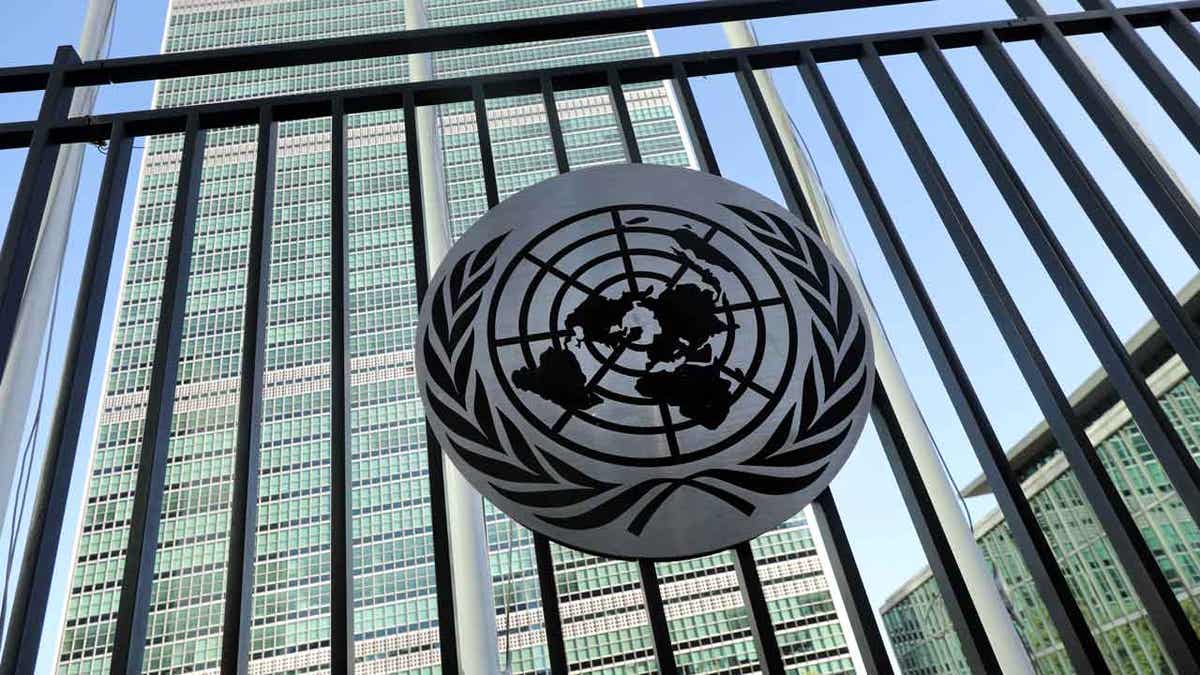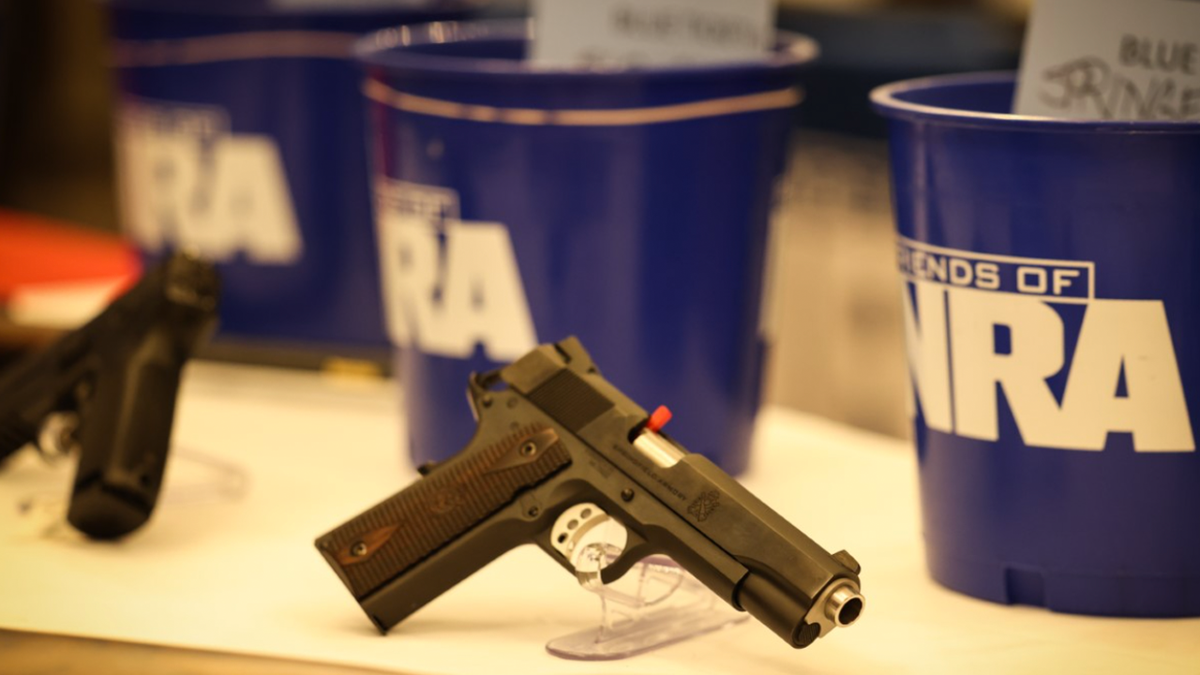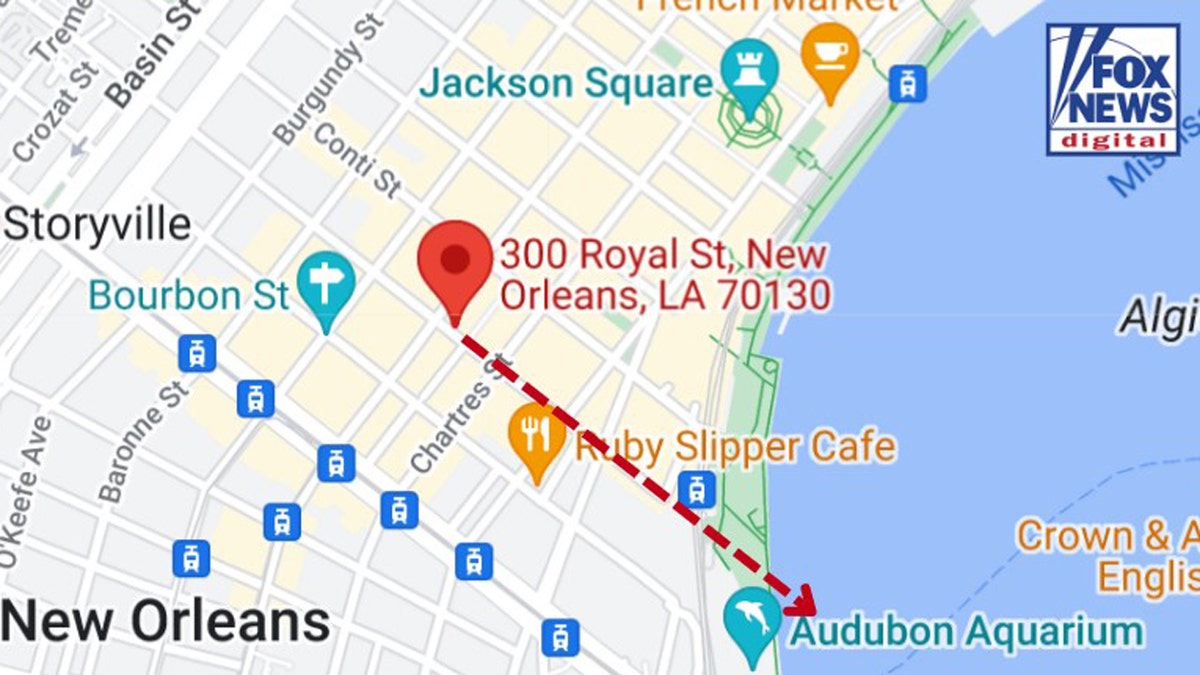A proposed United Nations framework on ammunition management is causing concern among Second Amendment advocates in the United States. They worry the framework's vague language could impact domestic gun policies. The U.N.’s Open-Ended Working Group on Conventional Ammunition (OEWG) recently finalized this framework, which will be presented to the General Assembly in September. The National Rifle Association (NRA) and the Sporting Arms and Ammunition Manufacturer’s Institute have been actively involved in the OEWG meetings, working to moderate certain provisions of the international plan.
The NRA's director of international affairs, James Baranowski, expressed concern that while the current framework might not be overly detrimental, it sets a precedent that could be modified and used against gun owners in the future. He emphasized the need for continued vigilance and opposition to potential expansions of the framework. He worries the framework could be used politically, with gun control supporters potentially claiming it sets a standard for international law.

The framework, originating from a 2022 General Assembly resolution, aims to address excess ammunition stockpiles. However, the NRA argues that key terms like "stockpile" and "end user" remain loosely defined. Baranowski pointed out that the current definition of "stockpile" is so broad it could encompass anything from a large government arsenal to a small box of ammunition owned by an individual. Although the framework currently applies only to governments, the NRA fears this could change. They successfully lobbied to remove references to "individual" end users from the draft, but remain concerned about future revisions.

Adedeji Ebo, director of the U.N. Office of Disarmament Affairs, highlighted the framework's 15 objectives, which include standards and guidelines for international cooperation in ammunition management. These objectives address issues such as the flow of small arms into conflict zones, preventing accidental explosions at ammunition storage sites, and acknowledging the growing role of women in ammunition management.

Despite the NRA's efforts, concerns persist due to the framework's undefined terms. While the current language excludes individual ammunition owners, the NRA remains apprehensive about future interpretations and potential restrictions on individual gun rights.

While the United Nations has praised the framework as a step toward peace and security, Second Amendment advocates remain wary of its potential impact on individual gun ownership rights in the United States. They argue that the vague language leaves the door open for future interpretations that could erode these rights.








